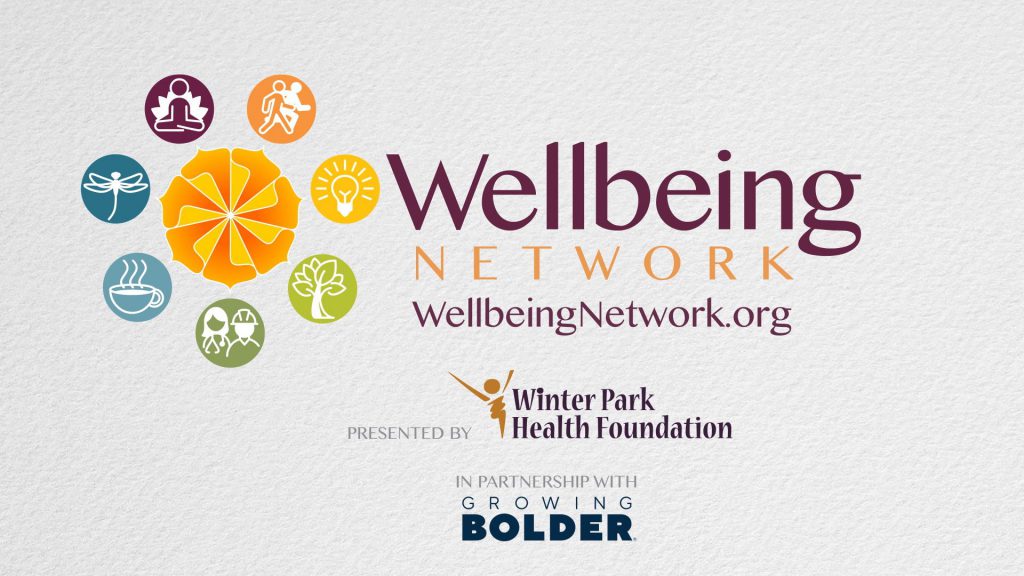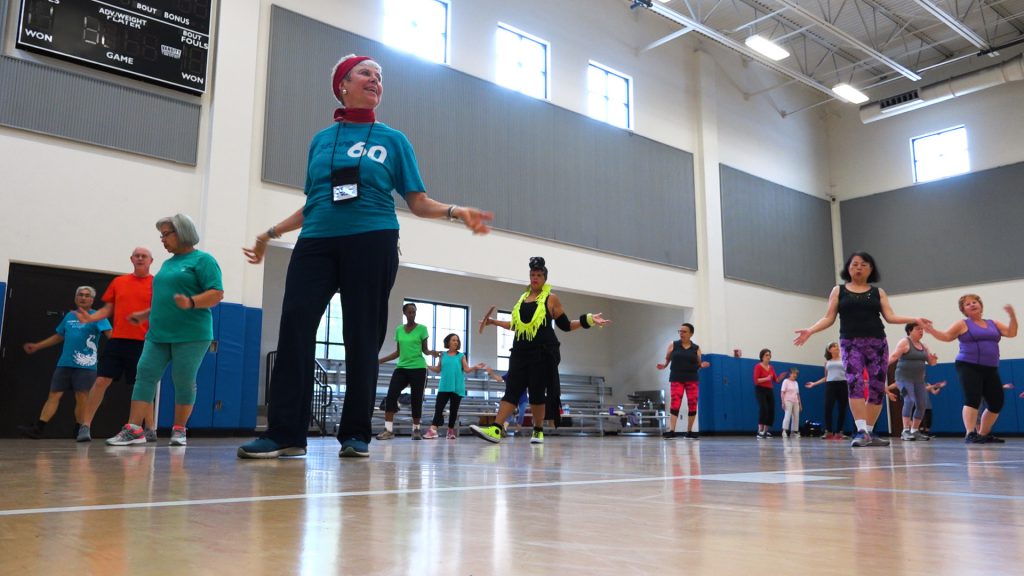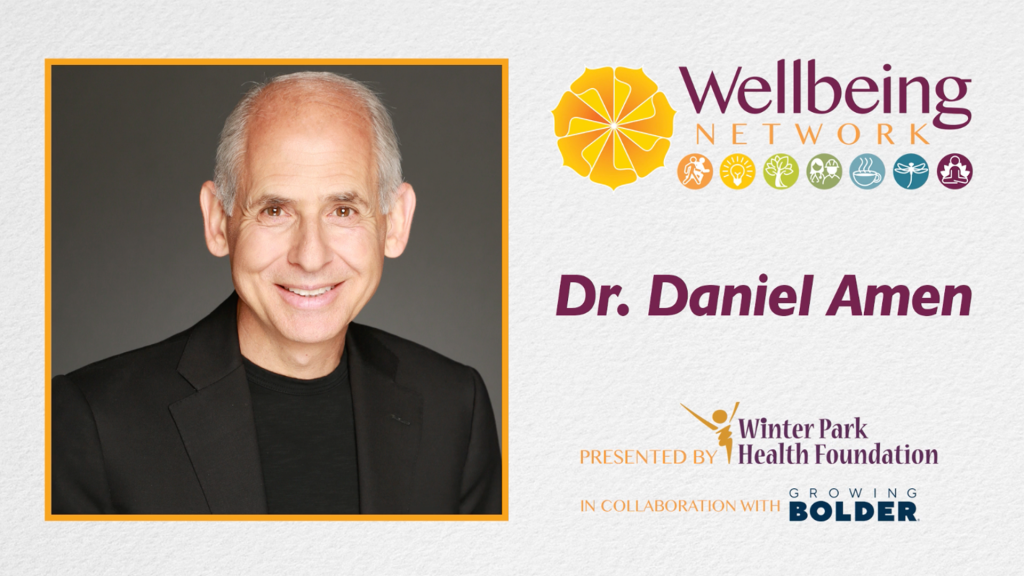Meditation For Skeptics
Posted April 16, 2021 | By admin

You know the old nightmare about showing up in class wearing nothing but your underwear? Now imagine that humiliation is real. And it’s not just in front of a class, but the entire nation. Dan Harris was wearing clothes when he experienced his nightmare-come-true moment. Yet, he never felt more naked.
On the morning of June 7, 2004, Harris was in position at the news desk during a live broadcast of Good Morning America when his ABC News colleagues Diane Sawyer and Charlie Gibson tossed it over to him for the morning’s headlines.
Within moments, things started to unravel. In the middle of reading a story, Harris started to stammer, his eyes welled up and it was clear to viewers that something was terribly wrong. Harris quickly dumped out of the story to save himself from further humiliation when he realized what was happening—he was having a full-blown panic attack in front of 5 million viewers.
That moment was years in the making.
Harris joined ABC News when he was just 28 years old. He admits that he felt insecure working closely with news legends such as Sawyer and the late Peter Jennings.
To cope, he became a workaholic, signing up for any and every assignment. After the horrific events of September 11, 2001, he volunteered to head overseas to cover the wars in Afghanistan and Iraq.
“I volunteered to go to the war zone without ever really thinking about the psychological consequences,” Harris says.
“When I got home after a particularly long stretch, I got depressed. I wasn’t even self-aware enough to know that I was depressed—I just wasn’t feeling good.”
Before he was diagnosed with depression, Harris self-medicated with cocaine and ecstasy. “Even though I was only doing it for a brief period and never when I was on the air or when I was working, it blew up in my face with that panic attack,” he says.
Harris later learned the drugs he was ingesting can raise the level of adrenaline in the brain, leading to the potential for panic attacks. “When I realized what a moron I’d been, I knew I needed to make some changes,” he adds.
He sought professional treatment to kick his drug habits, and a higher power intervened to set him on a new course of self-discovery—his boss, Peter Jennings, who assigned him to cover faith and spirituality for ABC News.
Harris’s new beat began at the same time he was coming to terms with his personal behavior. “The confluence of those events pushed me in a different direction,” he says.
Meditation was something that had never even crossed Harris’s mind, except as something to scoff at.
“I’d had always assumed that meditation was only for weirdos,” Harris says. “That it was that for people who lived in yurt, collected crystals and were really into Cat Stevens. It wasn’t something that I had any interest in doing.”
Then he learned about the science underpinning meditation, which demonstrates that the practice can lower your blood pressure, boost your immune system and literally rewire keys parts of your brain related to well-being and stress.
“That really got me intrigued,” Harris says.
So, he began to mediate. And he admits that it was—and sometimes still is—a struggle to quiet his mind.
“Meditation is an exercise for your brain,” he says. “You’re trying to focus on one thing at a time, which is a radical act in the age of information overload. And in this case, you’re usually focusing on your breath—on the feeling of breath coming and going out.”
Harris describes meditation as “a bicep curl for your brain, because you’re breaking a lifetime of habit of walking around in this daydream about the future and the past instead of focusing on what’s happening right now.”
Ever the consummate journalist, Harris found himself diving deep into the world of meditation. He released his first book on the subject in 2014, 10 Percent Happier: How I Tamed My Inner Voice in My Head, Reduced Stress Without Losing My Edge and Found Self-Help That Actually Works—A True Story. The book with the long title and powerful message quickly launched a mini-movement.
Harris followed that up with a podcast series dedicated to helping other skeptics tame their minds. He also wrote a follow-up book last year, Meditation for Fidgety Skeptics. Harris says once he got over his preconceived notions about meditation, he realized how useful it can be. He points out that a generation ago, people would have thought it was crazy to run for exercise or even for fun—but now, running is ubiquitous. He believes the same health revolution is underway with meditation and mindfulness.
“It’ll help to have more ‘normal’ people or those who aren’t wearing robes, long dangling earrings and shawls out there talking about it,” he quips. “The science is real. Just as we take care of our bodies because we want to be as healthy as possible for as long as possible, we need to start taking care of our minds and our brains.”
Harris admits that as humans, it’s only natural for us to create stress around whatever we’re focused on—whether it’s our jobs, our families or even our volunteer work.
But by learning to tame our critical, chaotic inner voices, we just may find ourselves a smidge happier. And isn’t that an idea worth meditating on?
This article originally appeared on GrowingBolder.com, a partner with the Winter Park Health Foundation in the Wellbeing Network.



